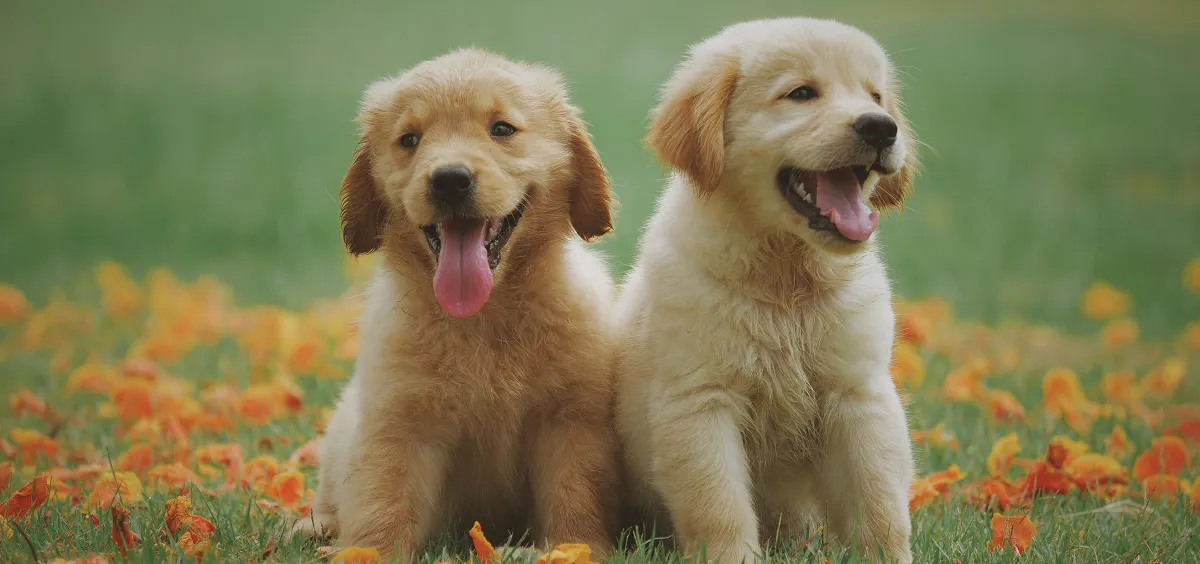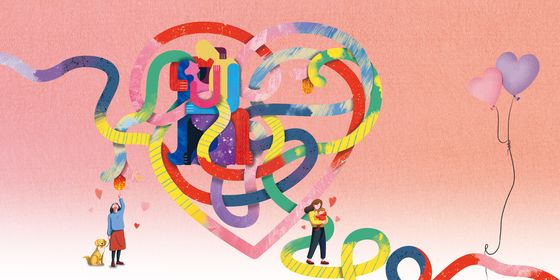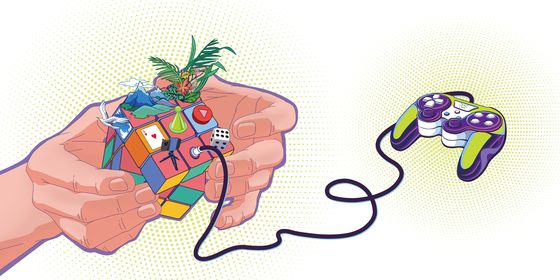Avian and canine idioms to welcome the new zodiac sign
With the Spring Festival approaching, it’s time to say goodbye to the Year of the Rooster (or Chicken) and embrace the Year of Dog. Chickens and dogs are not only adjacent zodiac signs in the Chinese calendar but appear together in many Chinese idioms and proverbs, or chengyu—here are a few examples.
Crow like a rooster and steal like a dog (鸡鸣狗盗 jīmíng gǒudào)
This idiom is usually used to refer to people who play dishonest tricks. There’s a story about its origin set in the Warring States period, concerning a Qi state official named Lord Mengchang who had a number of talented house-guests. Among these freeloaders were two good-for-nothing men who each had a special talent: one who could imitate a dog barking and another who could mimic a rooster. They would eventually save Lord Mengchang’s life.
In 299 BC, Lord Mengchang was sent to the state of Qin on a state visit, taking both impersonators in his entourage (the history record remains silent about their names). The king of Qin believed that Lord Mengchang was a threat to his rule, and had him put under house arrest. Desperate, Lord Mengchang sought help from the king of Qin’s favorite concubine, but she asked a price for her aid: a treasured fur coat, which Lord Mengchang had already given to the king as a gift and was being kept in the royal treasury. Then the dog-imitator had an idea. One night, he sneaked into the treasury under cover of darkness and retrieved the coat. When the guards heard him, he barked and fooled them into thinking it was a dog.
Two days later, thanks to the pleas of the concubine, Lord Mengchang was released. He and his retainers dashed to the border immediately. At midnight the next day, he reached Hangu Pass—the last checkpoint of before leaving Qin territory. But the king of Qin regretted letting Lord Mengchang go and sent a small army after him. Lord Mengchang had to cross quickly but as a rule, Hangu Pass did not until the rooster crowed at dawn. Just when all hope seemed lost, the rooster imitator crowed like a rooster, and it woke up all the roosters around the pass, which all began to crow. Hearing the sounds, the guards opened the pass.
Maybe because the state of Qin eventually conquered all China as the Qin dynasty, this chengyu has became derogatory, referring today to petty, dishonorable trickery. It seems that the king of Qin had the last laugh.
Chickens flying and dogs jumping (鸡飞狗跳 jīfēi gǒutiào)
This phrase is used to describe a great disorder or mass confusion. One explanation for this is that chicken and dogs were the most common animals people kept on farms, so people likened mayhem to hens flying and dogs jumping up and down.
The chickens and dogs are not peaceful (鸡犬不宁 jīquǎn bùníng)
This term describes general disturbance or turmoil. Perhaps because chicken and dogs don’t fly and jump for no reason (see above), people believed that they must have been disturbed by some external cause. You can hear people use it as an accusation: “You make the chicken and dogs in the home not peaceful!(你闹得家里鸡犬不宁的!)” This means that someone has thrown the family into disorder.
Not sparing the chickens and dogs (鸡犬不留 jīquǎn bùliú)
This is just one character off from 鸡犬不宁, but 鸡犬不留 is a very different expression. It usually refers to a ruthless mass slaughter. In a historical film or TV show, a character vowing revenge might say, “I will kill your whole family, not even sparing the chicken and dogs! (我要把你全家杀得鸡犬不留!)”
Within hearing of the crow of roosters and barking of dogs (鸡犬相闻 jīquǎn xiāngwén)
This expression refers to “livin g nearby or in the neighborhood” of someone else. In the Dao De Jing, Daoist sage Laozi described a self-sufficient life thus: “Though the crow of roosters and barking of dogs are within hearing, the people do not visit each other all their lives (鸡犬之声相闻,老死不相往来).” In the famous essay “The Peach Colony,” written by Tao Yuanming of the Jin dynasty, this idiom appeared again: “He saw the paths intersecting the fields in all directions, and heard roosters crowing and dogs barking. (阡陌交通,鸡犬相闻)” Here, the phrase also referred to life in seclusion.
Even chickens and dogs ascend to heaven (鸡犬升天 jīquǎn shēngtiān)
This idiom means relatives and followers of a high official get easily promoted, but its origin didn’t have anything to do with nepotism. According to legend, Liu An, a great litterateur and thinker living in the Han dynasty, became immortal after he invented an elixir. It’s said that Liu causally scattered some of the leftover elixirs to his yard, so his chicken and dogs also had some and became immortal. The chengyu that came from this story is formed: “一人得道,鸡犬升天 (If one person achieves immorality, even chickens and dogs ascend to heaven).”
Odds of chickens and pieces of dog (鸡零狗碎 jīlíng gǒusuì)
The less literal translation for this term is “odds and ends.” It’s often used in a derogatory way, indicating trivial and worthless matters. For example: “你能不琢磨这些鸡零狗碎的事了吗?(Can’t you stop thinking about these petty things?)”












